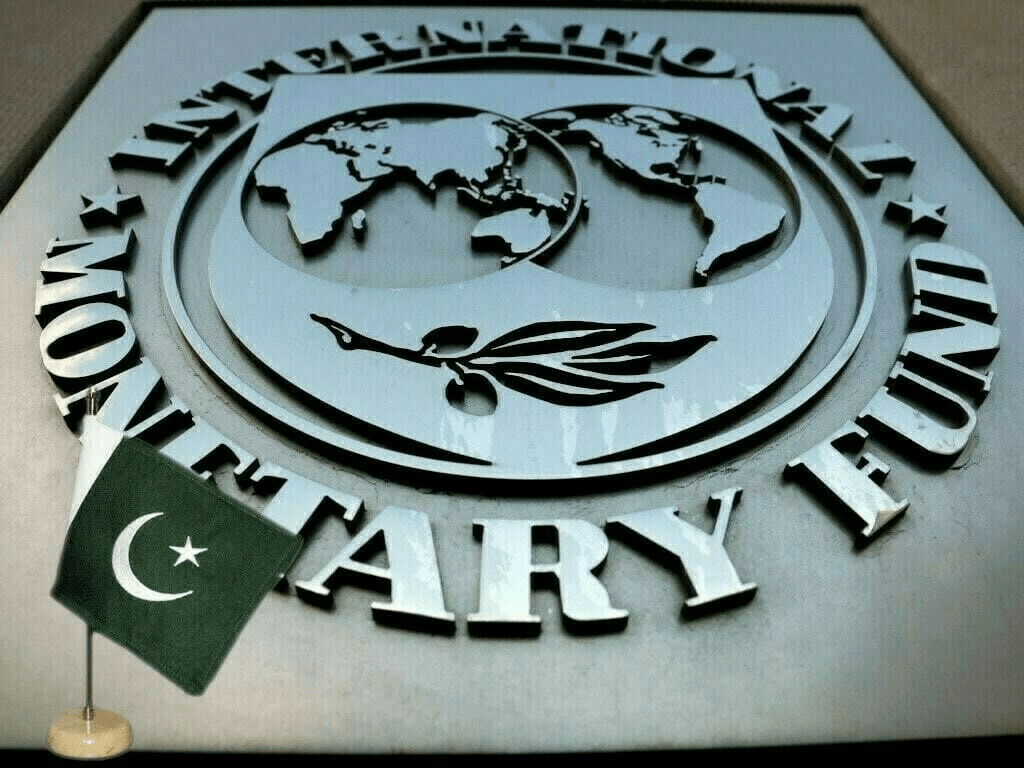A delegation from the International Monetary Fund (IMF) is scheduled to arrive in Pakistan next week to conduct a first review of the $7 billion Extended Fund Facility (EFF) programme, as confirmed by Finance Minister Muhammad Aurangzeb on Wednesday.
Pakistan successfully secured a $7 billion IMF bailout under the Extended Fund Facility (EFF) in mid-2023, a move aimed at stabilizing the country’s fragile economy.
The upcoming IMF review in March is a vital checkpoint for the government to access the next tranche of the financial package.
If Pakistan meets the necessary structural benchmarks and fiscal targets, it will unlock further disbursements under the agreement, strengthening the country’s economic outlook.
Objectives and Reforms Under Scrutiny
Under the EFF, Pakistan has committed to implementing reforms in the following key areas:
- Fiscal Discipline: Reducing fiscal deficits through prudent expenditure management and revenue enhancement.
- Monetary Policy Adjustments: Ensuring tighter monetary policies to curb inflation and maintain economic stability.
- Structural Reforms: Strengthening governance, reducing corruption, and enhancing transparency in financial management.
The IMF delegation will assess these areas during its two-week stay, evaluating Pakistan’s adherence to performance criteria and structural benchmarks.
- Tax Revenue Mobilization: Ensuring effective tax collection strategies and expanding the tax net.
- Subsidy Reforms: Phasing out costly subsidies while protecting vulnerable populations through targeted social safety nets.
- Exchange Rate Policies: Maintaining a market-determined exchange rate to reflect economic fundamentals.
The outcome of these discussions will determine Pakistan’s ability to access the next installment of IMF funds, which are essential for continued financial stability.
IMF Lauds Pakistan’s Governance and Corruption Assessment Initiatives
In addition to fiscal measures, the IMF has praised Pakistan’s commitment to governance improvements and anti-corruption initiatives.
Given the economic complexities involved, analysts predict prolonged negotiations between the IMF and the Pakistani government.
Key strategies for boosting exports include:
- Enhancing Industrial Productivity: Supporting key sectors such as textiles, IT, and manufacturing to increase export competitiveness.
- Strengthening Trade Relations: Expanding trade agreements with regional and global partners to tap into international markets.
- Encouraging Foreign Direct Investment (FDI): Creating a business-friendly environment to attract investments in key industries.
- Diversifying Export Base: Reducing reliance on traditional exports and promoting high-value industries such as technology and pharmaceuticals.


